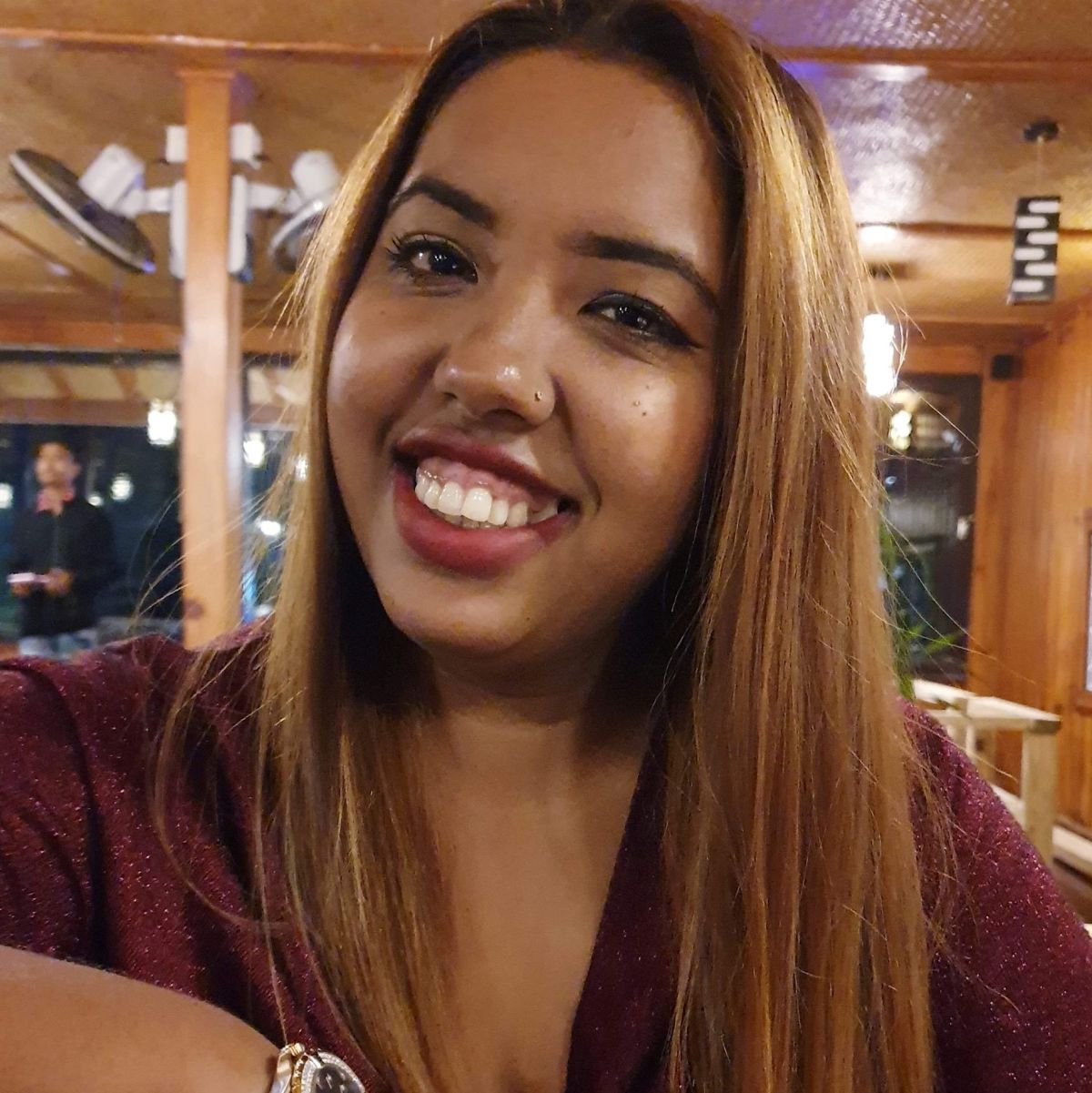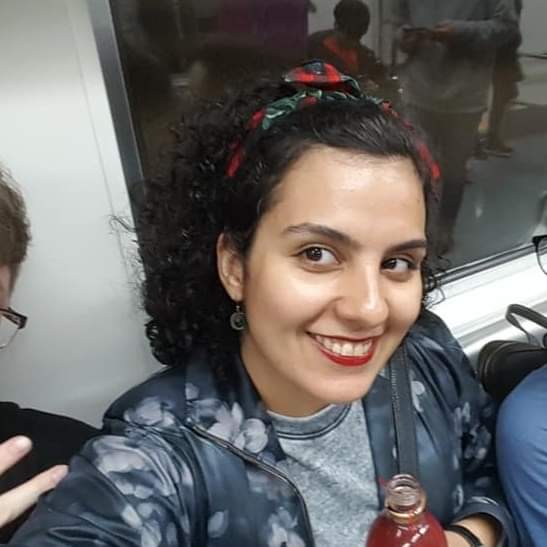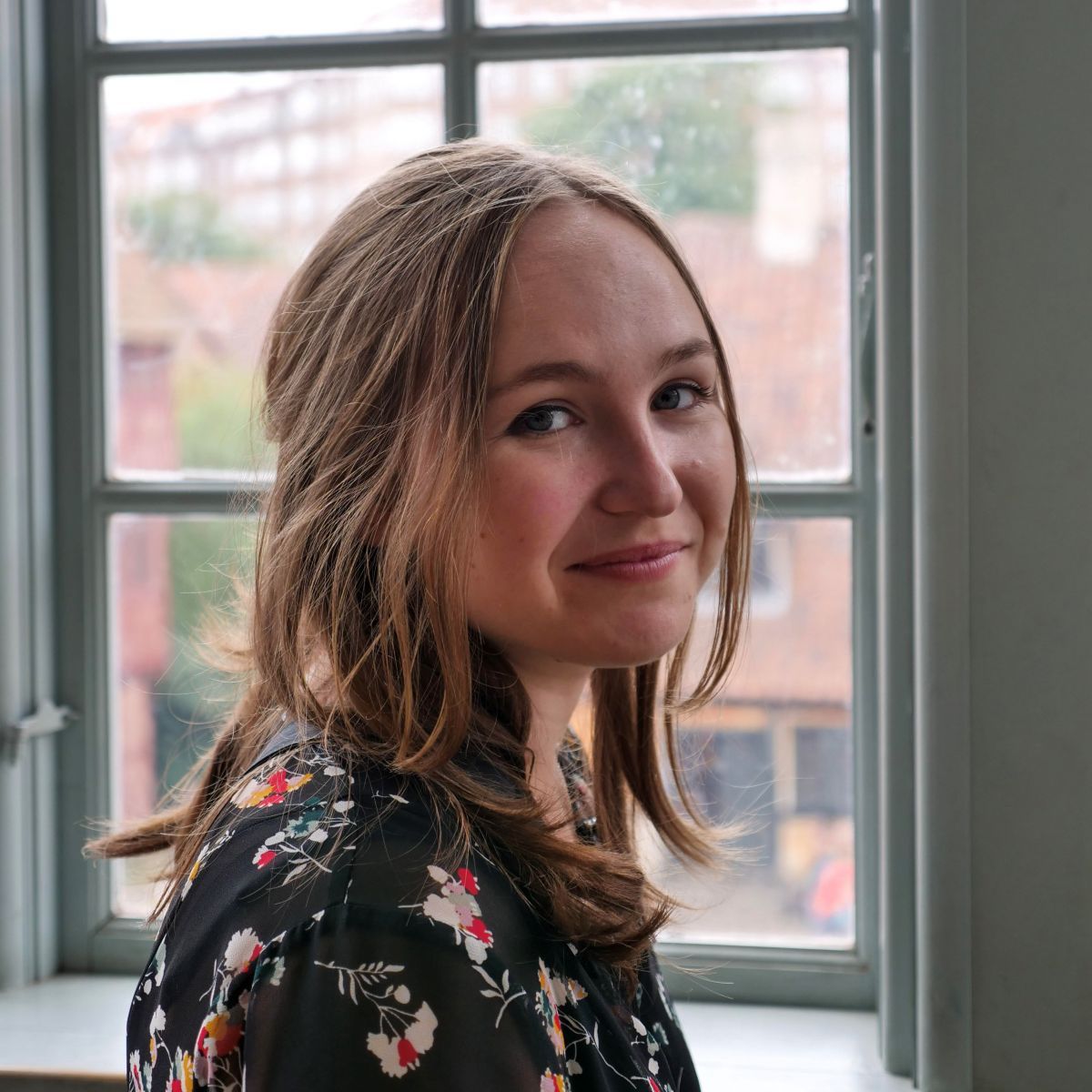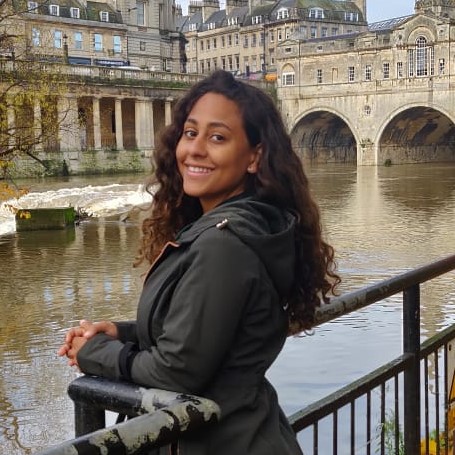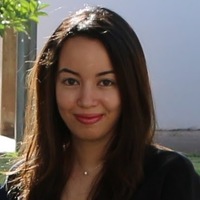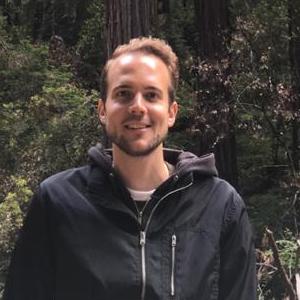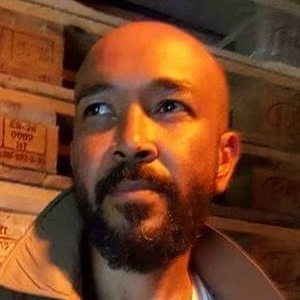Gender-Based Untouchability
If I had one wish, it would be for girls to be free, free to choose what they want to become, not to be dominated by men. Women to have their own voice without being ashamed of what society might think. Our place is not just in the kitchen or to have babies, we have our own lives. I wished for everyone to have the same rights.
Nepal, Southern Asia
Story by Pabita Timilshina. Edited by Mira Kinn
Published on February 23, 2020.
Reading time: 4 minutes
This story is also available in 




Content Warning: This story contains mentions of sexual abuse and incestuous gestures that can be upsetting for some readers.
There is a really strict unspoken rule in Nepal about menstruation, whenever you get your period. For the first three ones, you are not allowed to stay at home. So at the first one, you want to hide the women somewhere away from your house. For the second and third one, you are isolated in a room and not allowed to see your family. After three times you are allowed to sleep at home but only on the floor, basically treated like a dog with your pots to eat from, different spoons, etc. Then the women need to shower and still are not allowed to cook. Only after the fifth day, they can sleep with their husbands again and touch their baby.
In very remote areas there is even the Chaupadi System. Meaning that families send their daughters to small huts, without any water or electricity. This is restricted by the government but it is still a common practice. There was data published that every year 20-25 ladies die because of this system, because of snake bites, hunger or cold, as there are no bed sheets or fire in these huts and sometimes the families forget them. It originates from ancient Hindu practices but the problem is, most NGOs do not reach these remote areas.
I have lived in the UK for 5 years and thus understand different worlds. But I wanted to come back and be active for my country and people. Especially the people, that do not have voices. I have been abused myself when I was very young from my uncle, he never confessed it. I had to cry so much and I told my whole family what he did but nobody stood up for me. They didn’t want to lose the reputation of the family name. People used to say “a witch is attacking her at night” because I felt so tired during the day in this period and I got really scared. One night I opened my eyes and it was him, sitting at my bedside. Thankfully it was not rape, but touching my body parts. So I just want to fight for women out there, because, for me, none of my family members spoke up. And I come from a very educated family background, Brahmans, the highest cast in Nepal.
Those girls I try to support, have faced abuse from a very young age with nobody to protect them. So when I came back to Nepal, I started talking in communities and telling what is “normal”, what is not, what can be reported. It is just that I have decided to act strongly on what has happened to me and I want the same thing for my girls. It is your mind, how you train yourself to be strong when no one listens. This is my biggest inspiration. You do not need anyone for raising your voice. Then other women will join; you have to create leaders so people will start talking for themselves. Problems always come together with solutions. Just do not be afraid of people and what they will think of you.
If I had one wish, it would be for girls to be free to choose what they want to become, not to be dominated by men. Women to have their own voice without being ashamed of what society might think. Our place is not just in the kitchen or to have babies, we have our own lives. I wished for everyone to have the same rights.
To learn more about menstruation taboos, read When Your Body and Beliefs are at Odds by Shakila Dhauntal and Gender-Based Untouchability and Disaster Help in Nepal by Chandra Bhadra.
How does this story make you feel?
Follow-up
Do you have any questions after reading this story? Do you want to follow-up on what you've just read? Get in touch with our team to learn more! Send an email to [email protected].
Talk about this Story
Please enable cookies to view the comments powered by Disqus.
Subscribe to our Monthly Newsletter
Stay up to date with new stories on Correspondents of the World by subscribing to our monthly newsletter:
Tags
Topic: Gender
> Nigeria
Untold Abortion Stories from Nigeria: The Legal Reality (4/4)
A story by H.T. Jagiri
4 min
Criminalizing abortion is a form of discrimination against women. Abortion is still illegal In Nigeria,but it hasn't stopped thousands of women from getting it. These women endanger their lives by seeking unsafe means to terminate pregnancy. In this series of stories, Hannah, writer, journalist and story ambassador for CotW talks to women who despite the dangers have decided to get an abortion. Read more...
> South Korea
How Drag Helped Me Find Identity and Community in Seoul
A story by Megan Rothnie
4 min
I already had a few Queer friends in Korea, but now I had a community, a way into Queer spaces and a place where I could exist as a Queer woman without worrying if I was being too flamboyant. Read more...
> United States
Gender-based Hiring in Engineering: Insulting Today, Inspiring Tomorrow
A story by Izzy Bauman
5 min English Audio available
I have been fortunate to be shaped by incredible women in my field, and it is my conviction that with time, my experience will be less of an anomaly. Read more...
Explore other Topics
Get involved
At Correspondents of the World, we want to contribute to a better understanding of one another in a world that seems to get smaller by the day - but somehow neglects to bring people closer together as well. We think that one of the most frequent reasons for misunderstanding and unnecessarily heated debates is that we don't really understand how each of us is affected differently by global issues.
Our aim is to change that with every personal story we share.
Community Worldwide
Correspondents of the World is not just this website, but also a great community of people from all over the world. While face-to-face meetings are difficult at the moment, our Facebook Community Group is THE place to be to meet other people invested in Correspondents of the World. We are currently running a series of online-tea talks to get to know each other better.











